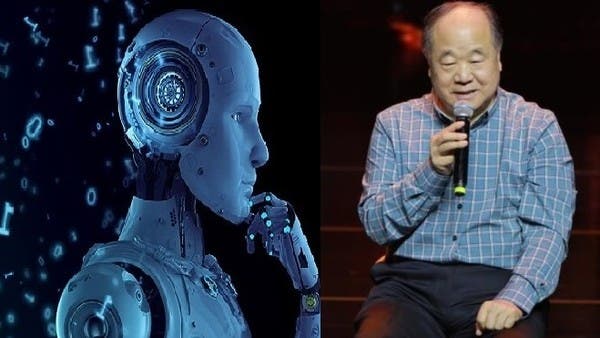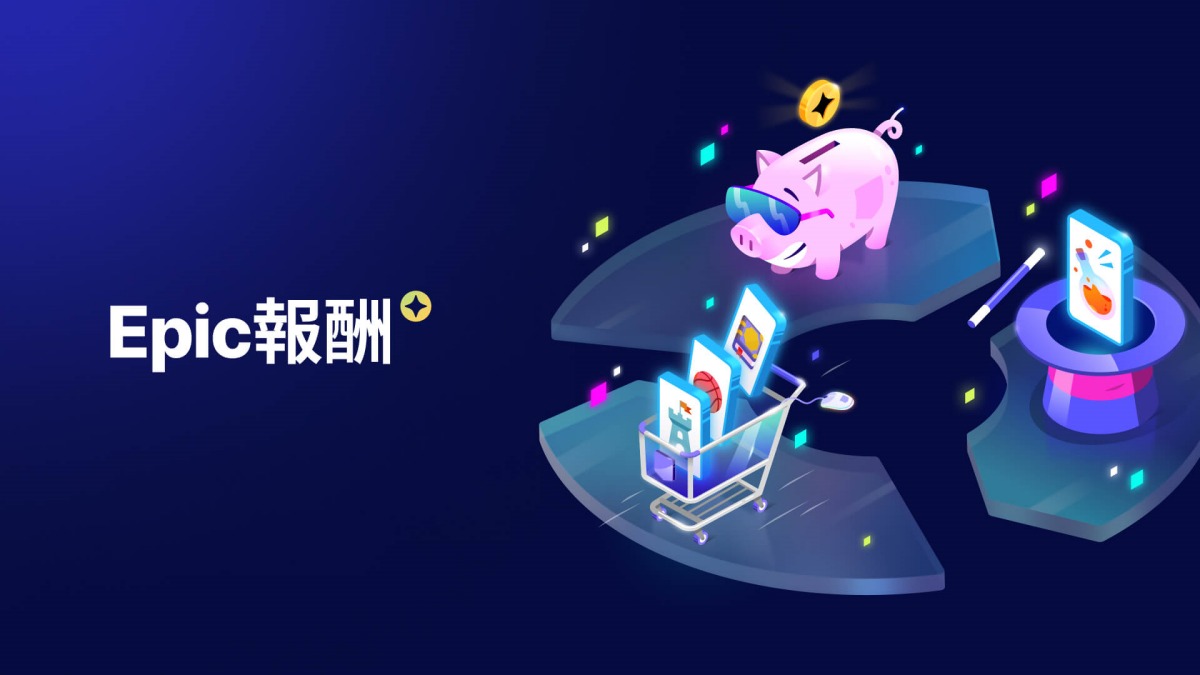He requested extensions from ChatGPT, the bot, and provided him with 1,000 words of Shakespearean style
A Chinese novelist and short story writer, who won the 2012 Nobel Prize in Literature “for his success in mixing fiction, reality, and the historical and social dimension in his novel and nonfiction works,” Mo Yan, 68, admitted that he used “social intelligence” via the chatbot chatGPT in particular, to write to him the word that He delivered it at a ceremony held by the Chinese literary magazine Shouhuo on the occasion of its 65th anniversary.
Mo Yan, described as “one of the most famous Chinese writers, and his works are the most prevented by the authorities from publishing,” according to what Al Arabiya.net read in his biography. He won a while ago the prestigious first prize in the 2021 novel classifications for his latest work, a novel published that year. Titled Wen Cheng, The Lost City, it is still a bestseller in many countries.
In his speech on Wednesday, the Nobel laureate in literature admitted that he encountered difficulties in writing it, and failed in several attempts to weave the phrases he needed, so he asked for help from “intelligence” through a PhD student, who uses “GBT chat” to provide him with key phrases that represent aspects An assignment from the life of a friend of his, Yu Hua, who won an honorary prize, quickly provided him with a 1,000-word speech that he “produced in a literary style reminiscent of the works of Shakespeare,” as he put it in his confession.
Mo Yan’s request for periods of “artificial intelligence” in literary writing sparked discussions on communication sites, as well as among critics and writers present at the ceremony, some of whom questioned the ability of “intelligence” to be original and creative in writing, but others considered that his use of chatter was important in The growing intersection between technology and literature, showing how artificial intelligence continues to influence various creative fields, offering new perspectives, and innovative solutions for the future of writing.


